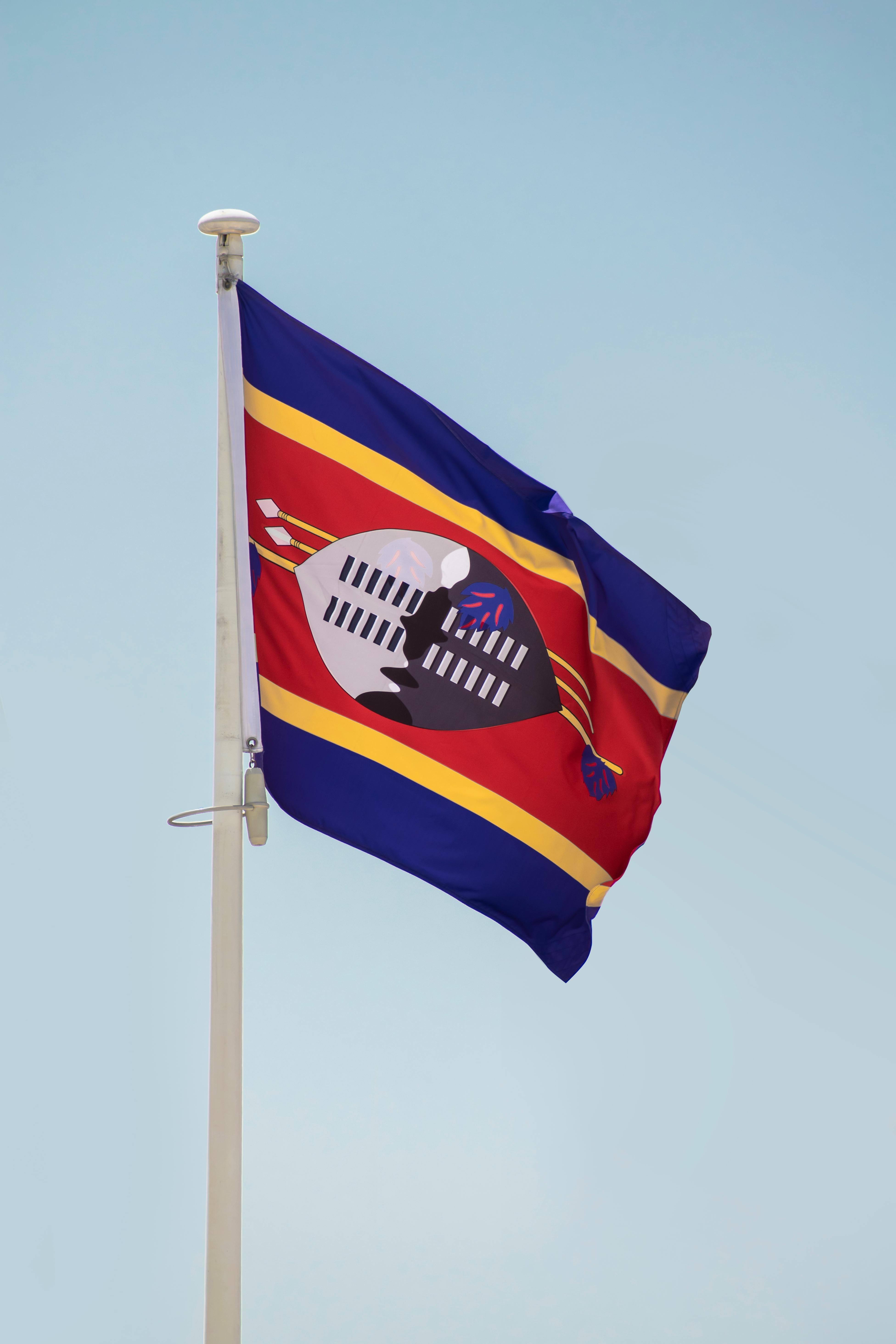
Fact 1: It has a unique name
Eswatini, located in Southeastern Africa, is one of the few countries in the world that has never been officially colonized by a European power. It was previously referred to as Swaziland but changed its name to the Kingdom of Eswatini in 2018 in celebration of 50 years of independence. The name was changed to reflect its original native name, which means "land of the Swazis."
Fact 2: Eswatini is one of the world's last absolute monarchies
King Mswati III is the current reigning monarch in Eswatini, which is one of the few, truly remaining absolute monarchies in the world. Unlike a constitutional monarchy, where a monarch’s powers are restricted by law or by a formal constitution, an absolute monarchy operates under no such restrictions.
Fact 3: Two unique festivals
The Umhlanga or Reed Dance, and the Incwala or First fruit festival, are two of the most important and unique events celebrated annually. Thousands of unmarried Eswatini women gather to cut reeds and present them to the Queen Mother as a sign of homage during the Reed Dance, and the First Fruit festival marks the king tasting the season's first fruit.
Fact 4: Nature lover’s delight
Despite being one of the smallest countries in Africa, Eswatini is renowned for its impressive nature reserves and national parks. It boasts beautiful landscapes with 17 protected areas, covering nearly four percent of the country's total area. This includes Hlane Royal National Park, Mlilwane Wildlife Sanctuary, and Mkhaya Game Reserve.
Fact 5: Rare wildlife
Eswatini is home to several endangered species, including the Black Rhinoceros and the African Painted Hunting Dog. Conservation efforts have allowed these populations to grow within national parks, making Eswatini a wildlife conservation hotspot.
Fact 6: Highest HIV prevalence in the world
Eswatini has the unfortunate distinction of having the world's highest HIV prevalence rate. To combat the epidemic, Eswatini has applied comprehensive measures which include extensive testing, counselling, and access to antiretroviral treatment.
Fact 7: Mbabane is the capital
Mbabane, with a population of about 95,000, is the capital of Eswatini. Although it’s the largest city in the country, it's still a pretty small town by global standards. The city offers a mixture of traditional Swazi architecture and modern buildings.
Fact 8: Named after King Mswati II
The country is named after Mswati II, who was the king of the Swazi from 1840 to 1868. He is noted for his expansionist policies that not only widened the Swazi’s territory but also increased its overall wealth.
Fact 9: English and siSwati are official languages
The two official languages spoken in Eswatini are English and siSwati. While siSwati is a native language spoken by Swazis, English is also widely spoken and used for official and commercial purposes.
Fact 10: Large producer of sugar
Eswatini is the 4th largest sugar producer in Africa. Sugarcane is grown in the lowlands of the country, and sugar exports significantly contribute to the country's economy.
Fact 11: Houses a large handicrafts market
Eswatini is proud to have one of Africa's largest handicrafts markets. The skillful artisans in Eswatini produce a variety of handmade products such as jewelry, textiles, baskets, and wood and stone carvings.
Fact 12: Known for the traditional beehive huts
Traditional beehive huts, made from woven branches that are covered in thatch, are a typically unique yet common sight in rural areas of Eswatini. Despite their rustic appearance, these huts are often equipped with electricity and running water.
Fact 13: Landlocked country
Eswatini is one of the two African countries that is entirely surrounded by only two other countries. The country is situated between South Africa to the west and Mozambique to the east.
Fact 14: Music and dance are significant cultural elements
Music and dance are vital parts of the Eswatini culture, with numerous traditional songs and dances. Major events and celebrations are often marked by vibrant singing, rhythmic dance and drumming.
Fact 15: Wealth of archaeological sites
Eswatini holds a wealth of archaeological sites, with evidence of human habitation dating back to the early Stone Age. Visiting these fascinating locations, like the Nsangweni Bushman paintings, offers a historical perspective of the country.
Fact 16: Famous glassworks
Ngwenya Glass is a famed site in Eswatini, where skillful artisans make a variety of high-quality glass products from recycled glass. The factory also supports local schools and conservation efforts.
Fact 17: The flag has meaningful symbols
The Eswatini flag is highly symbolic, featuring a shield and spears representing protection, colors denoting various elements like military and spiritual, blue for peace and stability, yellow for mineral resources and red for past battles.
Fact 18: Promotes ecotourism
Eswatini has taken steps to promote ecotourism by conserving the environment and improving the well-being of the local people. The country's abundant wildlife, national parks, and cultural heritage sites attract eco-friendly tourists.
Fact 19: Education system is based on UK model
The education system in Eswatini is largely based on the United Kingdom model, which includes primary, secondary, and tertiary education.
Fact 20: Diverse plant species
Eswatini is home to diverse plant species, including over 1,000 species of flowering plants. The country's rich biodiversity offers opportunities for studying unique ecosystems. In addition to this, many plants are used for traditional medicines.